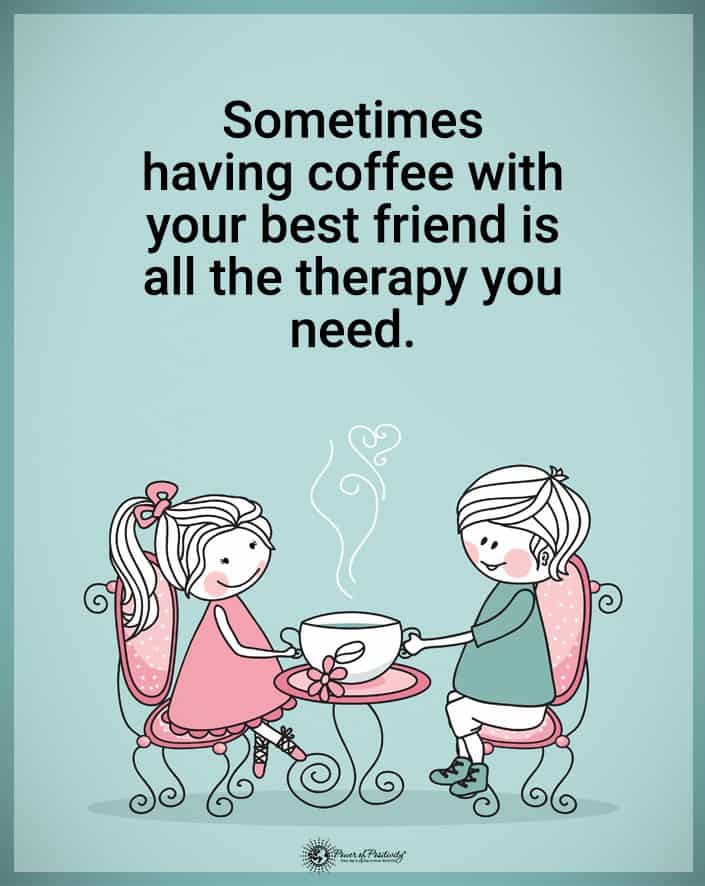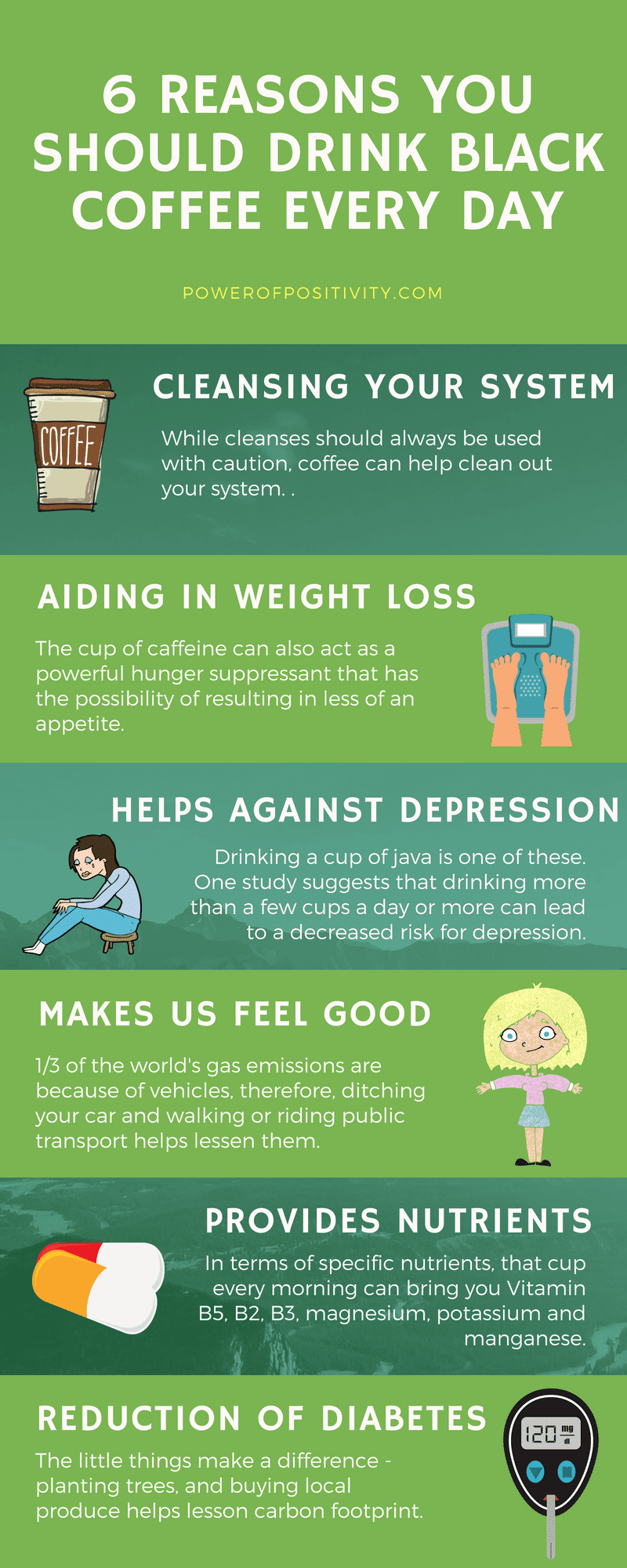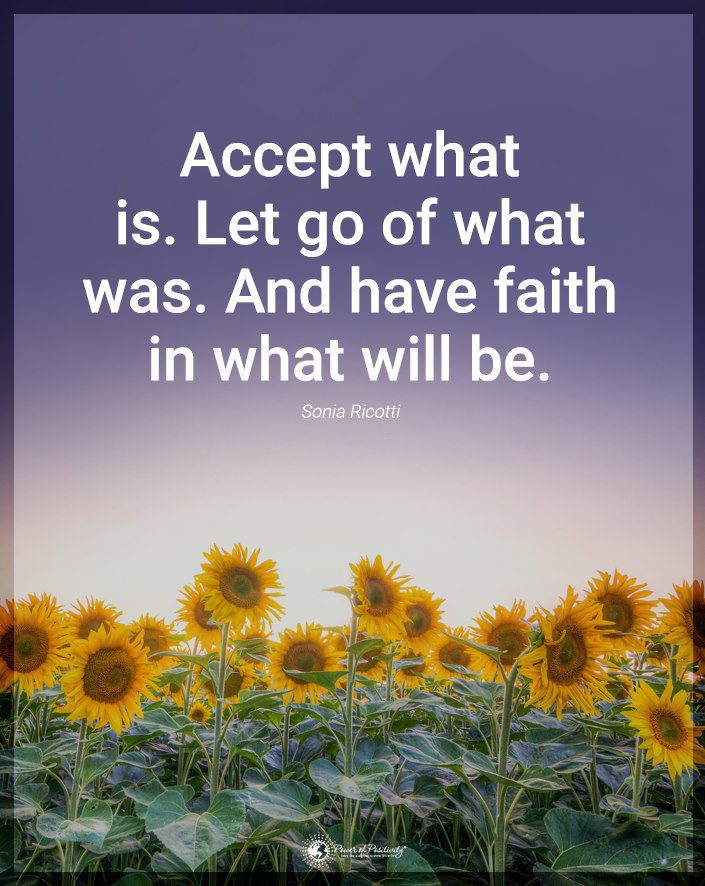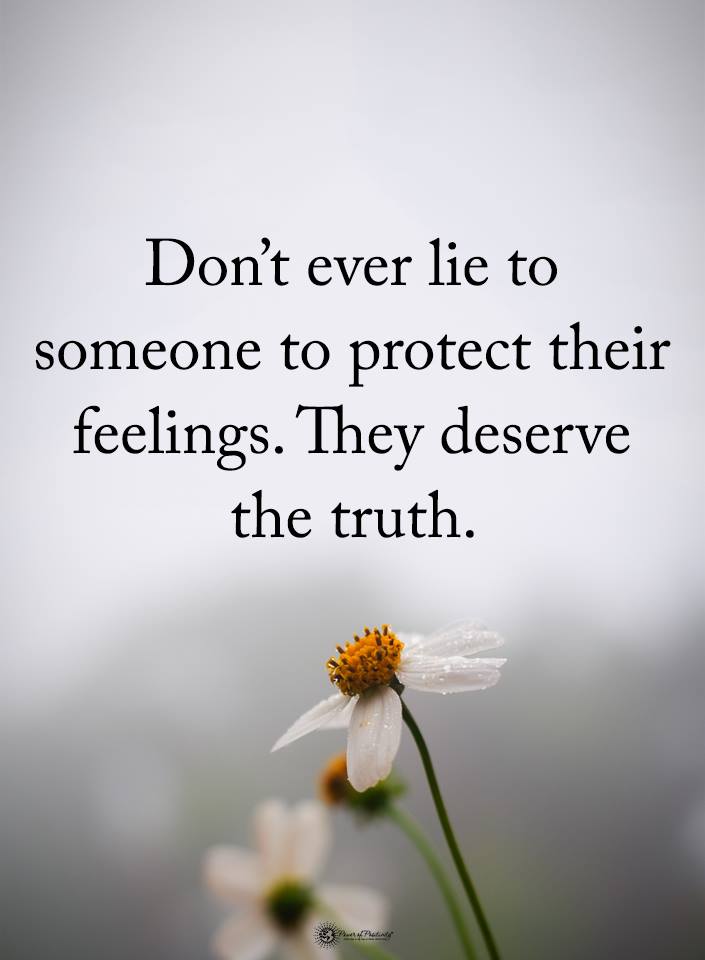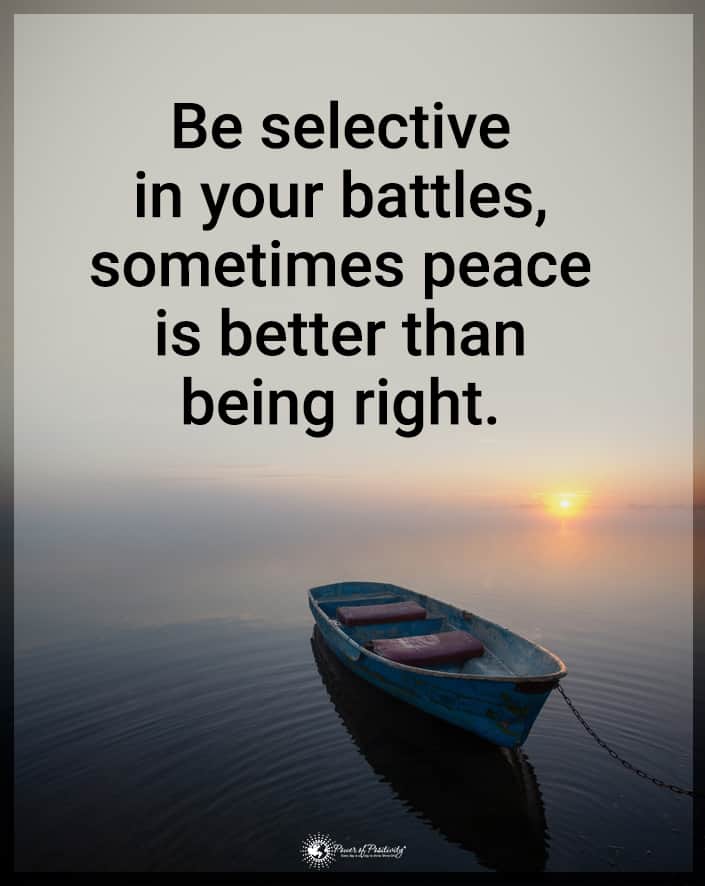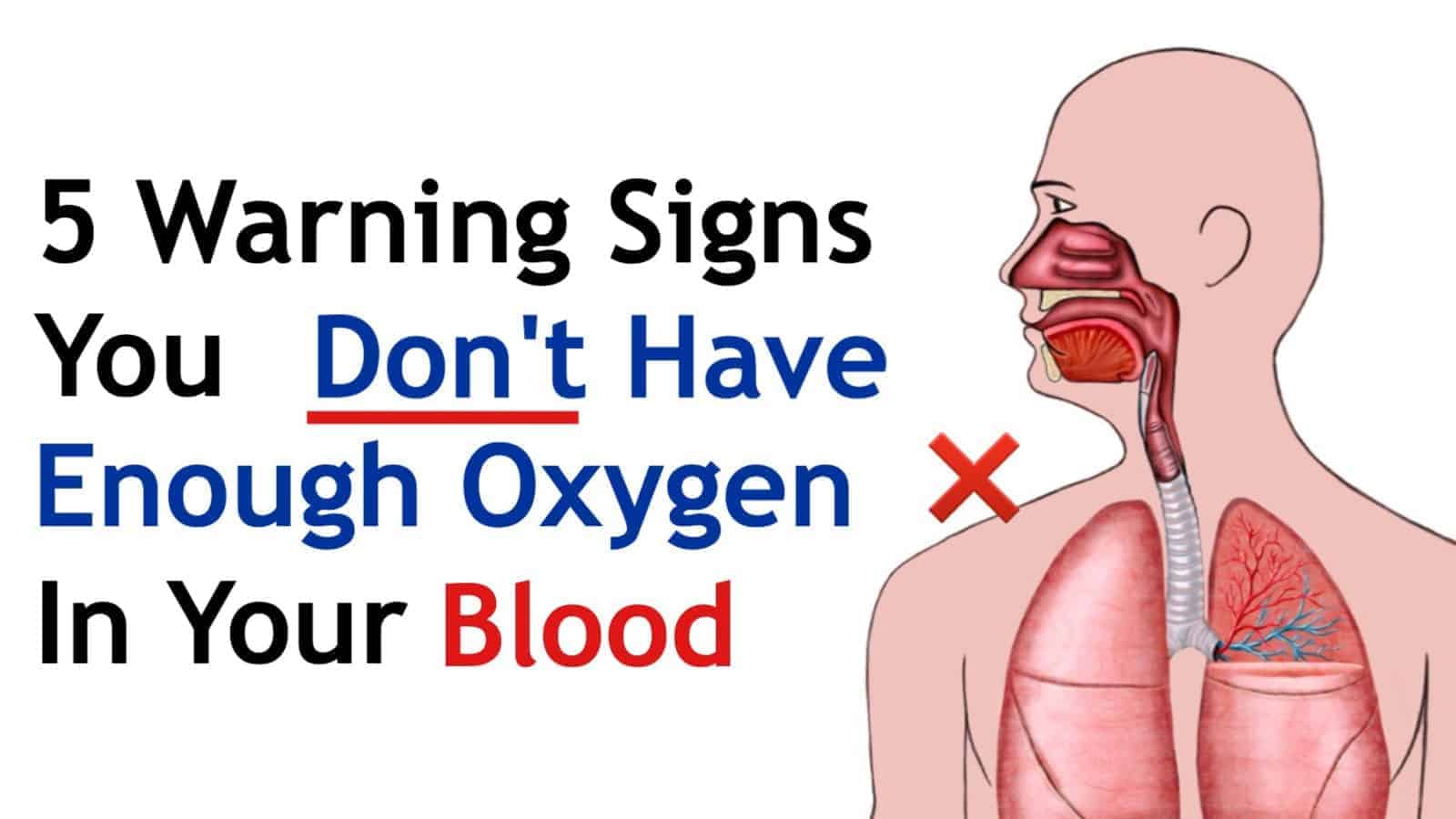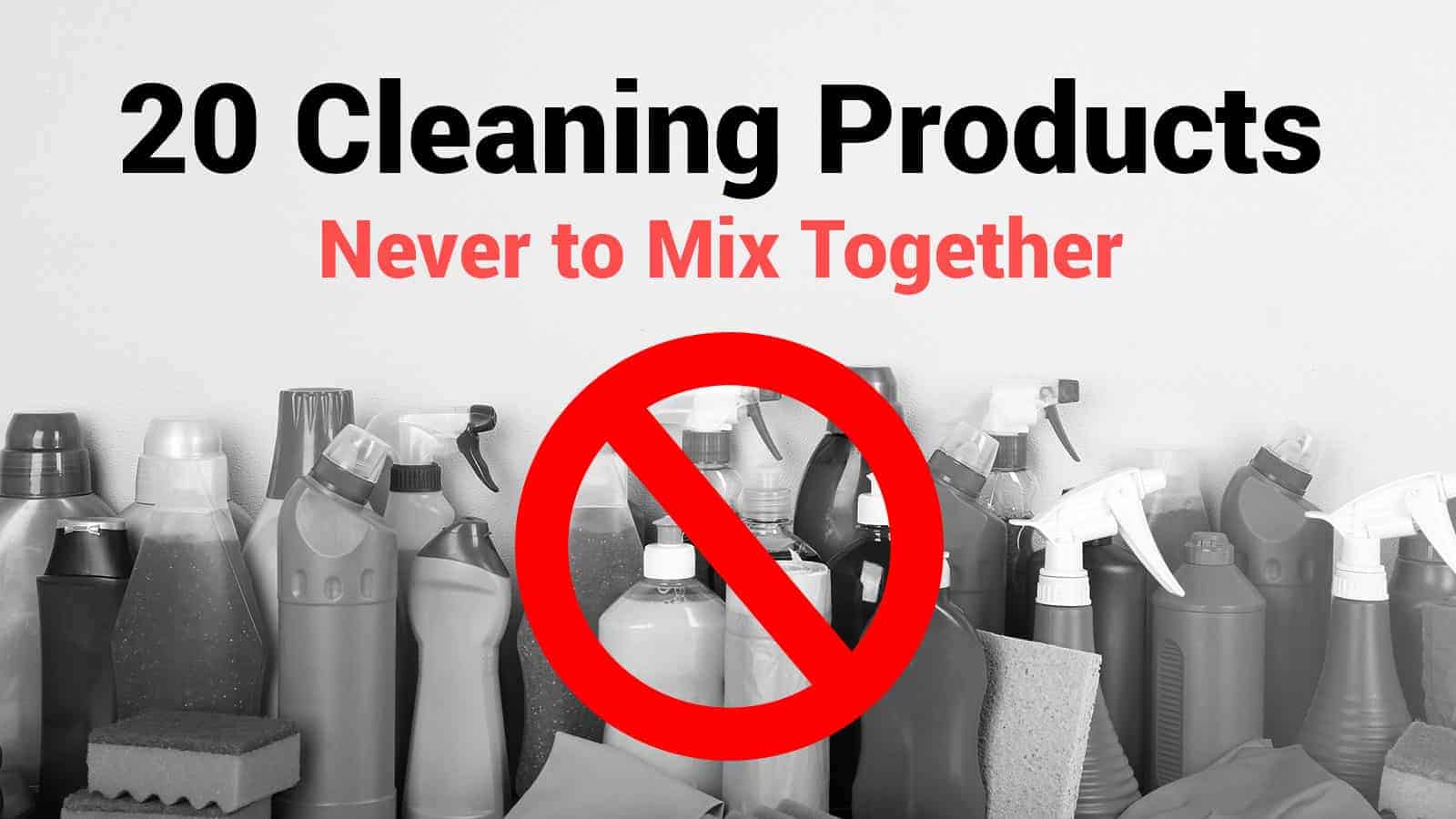Most people have had the experience of not wanting to get up and go to work, either because they’re stressed out or overwhelmed by the amount of work they have to do. Usually, this is just situational and passes after the completion of a project or by the end of the day. Sometimes, though, our work causes us more emotional stress than normal.
Have you ever wondered why?
That is people “are often so passionate about what they do, they tend to ignore the fact that they’re working exceptionally long hours, taking on exceedingly heavy workloads, and putting enormous pressure on themselves to excel—all of which make them ripe for burnout,” says psychotherapist and author Sherrie Bourg Carter, Psy.D.
When work is emotionally draining, it can cause a lot of unfortunate and unforeseen consequences. Thankfully, there are ways to pinpoint exactly whether or not work is causing you to be emotionally drained, and ways to turn it back around.
Signs Your Work Is Emotionally Draining You
“Sometimes you’re so emotionally drained that even sleep doesn’t do anything anymore. You wake up still tired. And it just doesn’t go away.” – Unknown
1. You don’t want to go to work
Many people have a job where they would rather be enjoying a nice day outside or spending time relaxing at home. “In burnout, detachment is a general sense of feeling disconnected to people and your environment. But it also can take the form of detaching yourself emotionally and physically from your job and your responsibilities,” says psychotherapist and author Sherrie Bourg Carter, Psy.D.
However, when work is emotionally draining, getting out of the house and going to work feels like an uphill battle every day. Just the very thought of going into the office or the store where you work stresses you out.
2. Your job makes you feel anxious
When you’re at work, you feel nervous and anxious, along with all the physical signs from a racing heart to jumbled thoughts. No matter how hard you work, you feel constant pressure to do more, do better, and nothing ever seems to be enough. Leaving working at the end of the day isn’t even a relief, because you know you have to go back.
3. You have no motivation
When work is emotionally draining, your motivation to do your day-to-day tasks sinks down. It feels like you have to force yourself to answer every email, or talk to every associate or customer. Even the work that you had once enjoyed doing is hard to accomplish, and nothing seems to help.
Or as speaker and author Joe Robinson states, “What used to fuel—pride, service, ambition, challenge, even money—seems meaningless. Belief, in the profession, achievement, anyone else, it’s pointless.”
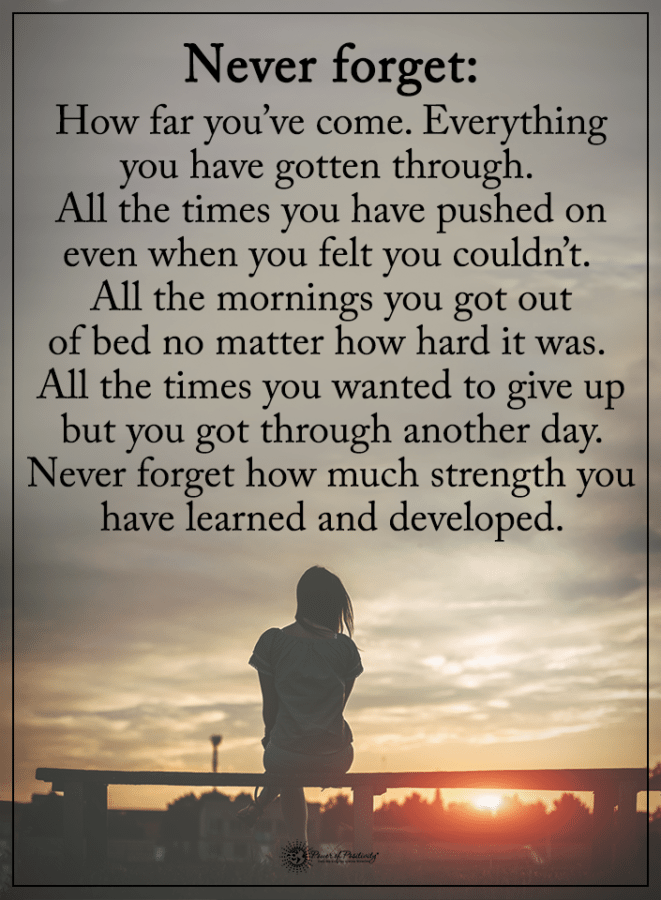
4. You get sick more often
Stress puts a strain on our immune systems and makes them more vulnerable to cold symptoms and physical ailments.
According to Founder and CEO, AudienceBloom Jayson DeMers, “People who are suffering from burnout often don’t have the energy or drive to make healthy lifestyle choices. They may eat too much (or too little), choose unhealthy foods or stop exercising.”
Emotional drainage is a type of stress, and when you’re emotionally drained by work, you may experience aches, pains and cold symptoms more often than before. It may feel like you have a cold every other week.
5. Not even clocking out makes you feel better
For most people, clocking out and going home is a time where they can just forget about work until the next day. However, when work is emotionally draining, it means that you’re more likely to take the stress of your work day home with you. When you get home, you still feel anxious, wound up and stressed out.
Here Are Ways To Reverse Feeling Emotionally Drained
If these signs sound like you, then work is definitely starting to be emotionally draining on you. Quitting your job and looking for a new one isn’t always the answer, especially if jobs are scarce where you live. So, learning how to healthily reverse the damage of emotional drainage is the best way to go about it.
Wait it out
If you know that the situation at work is temporary and is likely to change soon, perhaps due to a peak season, you can find healthy outlets while waiting it out. Talking to a counselor, a family member or a friend can help you deal with the feelings while you’re waiting for the situation at work to pan out.
Learn to say no
If your issue at work is that you have too many projects, it’s time to learn how to say no and value your time.
Organic-food pioneer, Paul Huljich says, “The difficulty that we often experience in saying No, in being true to what we really want, can be a significant cause of stress. By learning to say No to whatever is detrimental to your well-being and instead following your innermost feelings, you will experience a strong sense of contentment in your life and in the decisions you make.”
If you need help completing all of the work that’s being given to you, making sure that the point is brought across to your supervisors will be beneficial. If you take on more work than you can handle, your emotional state and your work will both suffer.
Learn to be good enough
Perfectionism can be the root cause of your emotional exhaustion. If you’re trying to make every bit of your work perfect instead of getting it done, you may need to learn when to accept that your work is done and move on to the next project. Focusing your energy on the most important tasks can make your work go by easier so you’re less drained and stressed.
Talk to your boss
If the situation at work is due to a co-worker who is making you feel emotionally drained, the best thing to do is talk to your boss in order to rectify the situation. It may not feel good to go to your boss because you may feel as if you’re causing drama, but it’s more important that you’re able to do your job well and not become emotionally drained while doing so.
“It takes courage to admit to your boss that you’re not working at full capacity. Don’t throw yourself on your sword, don’t blame him or her, and don’t wait until it’s too late,” says speaker, author, trainer, and consultant Dr. Steve Albrecht, PHR, CPP, BCC.
Final thoughts
Many people work in a career that they don’t enjoy. But there are more ways to handle it than walking off the job. While it may be an option for some people, it isn’t an option for everyone. Know the signs of being emotionally drained at work. This knowledge will make it easier to figure out how to best deal with it. Once you’re able to come up with a solution, you’ll be able to reverse the situation and continue with your job without the added stress of being emotionally drained.

